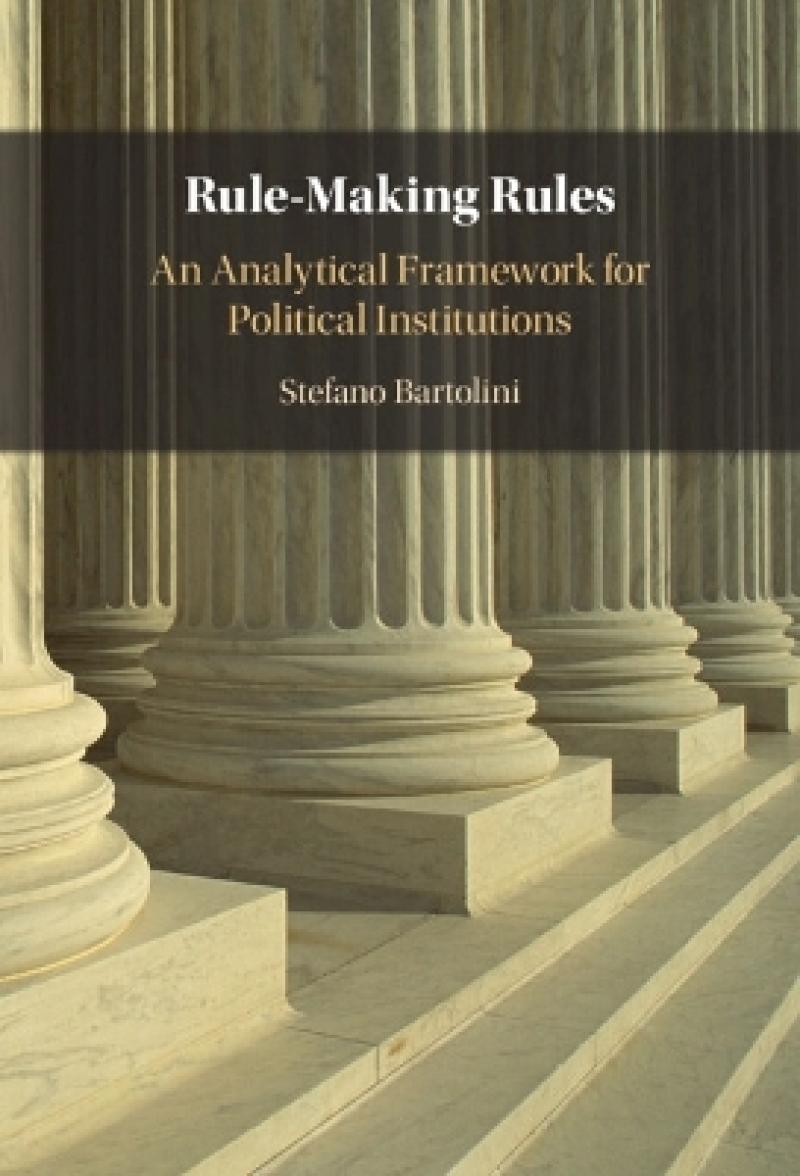'With sweeping historical reference and discerning judgment, Stefano Bartolini takes on one of the central problems of contemporary social science, namely, how we should understand 'institutions', with a view to establishing what is distinctive about political institutions. This is a book full of insights from which everyone who wants to understand the role of institutions in political life can learn.' Peter A. Hall, Krupp Foundation Professor of European Studies, Harvard University
'Rule-Making Rules makes an invaluable contribution to the old European tradition of placing institutions at the core of political life. Bartolini is courageous in terms of his time perspective and the number of disciplines covered, and he presents an analytical framework making a clear distinction between political institutions, and their ordering of human coexistence, and other institutions.' Johan P. Olsen, Professor emeritus and founding director of Center for European Studies, University of Oslo, Norway
